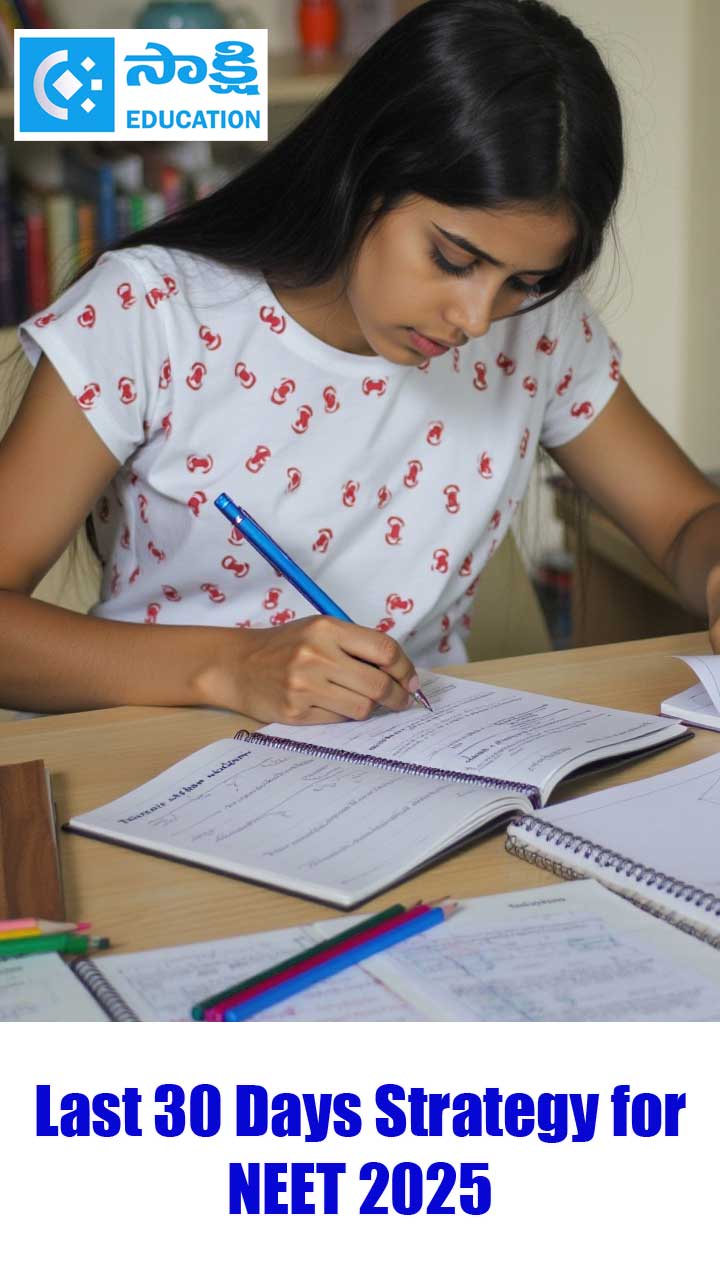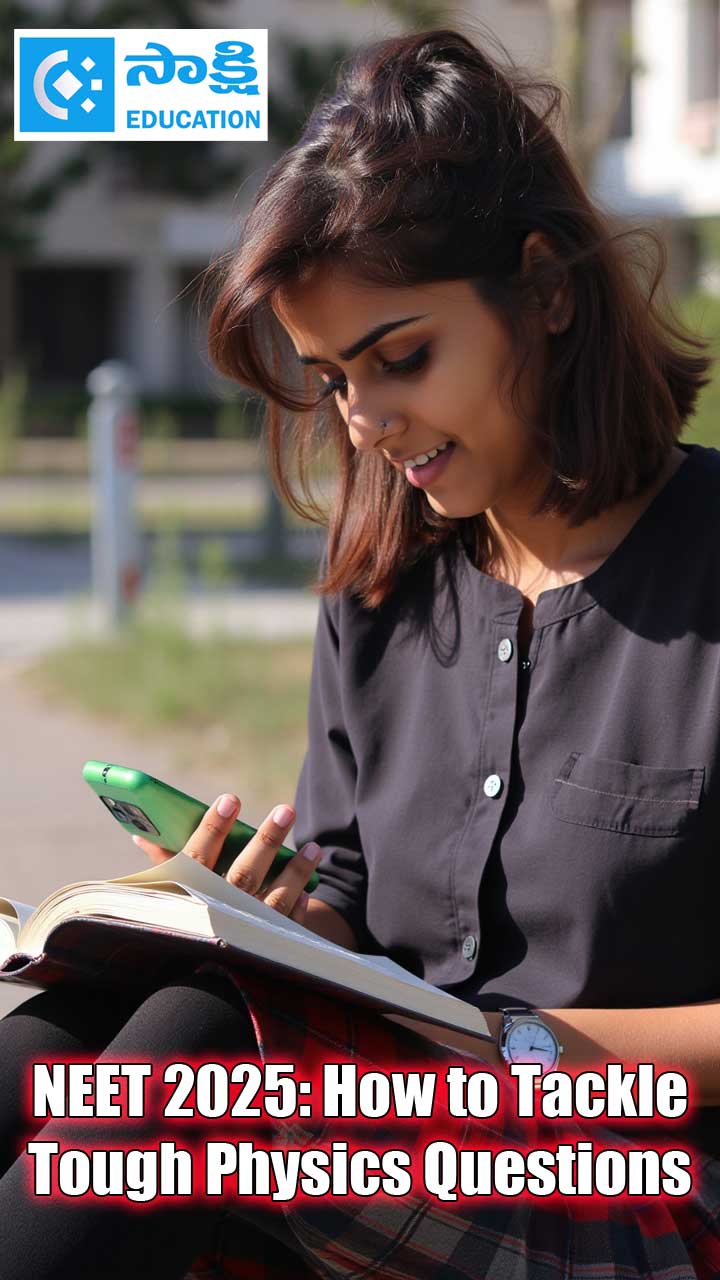Analysis of changes in pattern and syllabus of UPSC Engineering Services Examination-2017

A combined competitive examination is conducted by the Union Public Services Commission (UPSC) for recruitment to the Indian Engineering Services. The Examination from 2017 will be in three stages: Preliminary Objective examination, Mains subjective examination and Personality Test. The recruitment of qualified candidates is made under the following categories:
- Civil Engineering
- Mechanical Engineering
- Electrical engineering
- Electronics & Telecommunication Engineering
Changes in the pattern of Engineering Services Examination-2017
New pattern will be implemented from the year 2017 onwards
| Stage-I (Preliminary) : Objective Papers | |||
| Paper | Subjects | Duration | Maximum Marks |
| Paper-I (Common to all) | General Studies & Engineering Aptitude | 2 Hours | 200 |
| Paper-II | Engineering Specific | 3 Hours | 300 |
| Stage-I Total | 500 | ||
| Stage-II (Mains) : Subjective Papers | ||
| Paper | Duration | Maximum Marks |
| Engineering Paper-I : Conventional | 3 Hours | 300 |
| Engineering Paper-II : Conventional | 3 Hours | 300 |
| Stage-II Total | 600 | |
| Stage I + II Total | 1100 | |
| Stage-III : Personality Test | |
| Personality Test | 200 |
| Grand Total | 1300 |
Only those candidates who will qualify Stage -I will be permitted to appear in Stage-II examination. Similarly, only those Candidates qualifying at Stage-I + Stage-II will be permitted to appear in Stage-III examination.
Stage-1: Paper-I is General Studies and Engineering Aptitude having 10 sub sections namely:
- Current issues of national and international importance relating to social, economic and industrial development.
- Engineering Aptitude covering Logical reasoning and Analytical ability.
- Engineering Mathematics and Numerical Analysis.
- General Principles of Design, Drawing, Importance of Safety.
- Standards and Quality practices in production, construction, maintenance and services.
- Basics of Energy and Environment: Conservation, environmental pollution and degradation, Climate Change, Environmental impact assessment.
- Basics of Project Management.
- Basics of Material Science and Engineering.
- Information and Communication Technologies (ICT) based tools and their applications in Engineering.
- Ethics and values in engineering profession.
Paper II is related to engineering discipline paper having 300 marks.
Stage-2: (Mains Exam) will have 2 conventional type papers from respective engineering discipline having 300 marks each of 3 hours duration.
Stage-3: (Personality Test) It is based on personal and academic profile.
BRIEF REPORT OF THE CHANGES
- Approximate number of candidates qualifying for stage II is likely to 15 times the number of vacancies in each discipline.
- Syllabus of technical subjects for preliminary as well as mains is identical.
- GATE syllabus is a subset of ESE-2017 syllabus.
- Weightage of stage-2 or conventional papers is up from nearly 33% till ESE 2016 to about 46% from ESE 2017 onwards.
- Total score of all the 3 stages from ESE- 2017 onwards is up from 1200 to 1300.
- Paper-I worth 200 marks and of 2 hours duration with equal weightage for General English and General Studies till ESE 2016 has been replaced with General Studies and Engineering Aptitude having 200 marks and 2 hours duration having 10 sub sections (detailed earlier).
- Special emphasis on a number of subjects which are part of common B. Tech. course curriculum in nearly all institutions/universities.
- In Mechanical Engineering stream, 2 new subjects have been added namely: Renewable Sources of Energy and Mechatronics and Robotics.
- In Electrical Engineering a specific section on Engineering Mathematics and Signal Systems have been added.
- In Civil Engineering barring addition of a few advanced topics in structural engineering, there are no additional subjects.
- In Electronics & Telecommunications, three new topics have been added namely:
- Advanced electronics topics like VLSI, DSP, embedded systems.
- Advanced communication topics i.e. communication networks, microwave & satellite communication systems.
- Basic Electrical Engineering.
ESE-2015 Cut-off Details
| Minimum Qualifying marks in EACH OBJECTIVE PAPER (out of 200 marks) | |||||
| Criteria | Gen | OBC | SC | ST | PH |
| Percentage | 15% | 15% | 15% | 15% | 10% |
| Marks | 30 | 30 | 30 | 30 | 20 |
| Minimum Qualifying marks in EACH CONVENTIONAL PAPER (out of 200 marks) | |||||
| Criteria | Gen | OBC | SC | ST | PH |
| Percentage | 15% | 15% | 15% | 15% | 10% |
| Marks | 30 | 30 | 30 | 30 | 20 |
| Marks secured by the last candidate for the | ||||||
| Stream | GEN | OBC | SC | ST | PH-1 | PH-3 |
| Civil Engineering | 262 | 228 | 180 | 187 | 091 | 114 |
| Mechanical Engineering | 279 | 255 | 215 | 182 | 107 | 164 |
| Electrical Engineering | 305 | 280 | 240 | 236 | 170 | -- |
| Electronics Engineering | 325 | 320 | 278 | 247 | 201 | -- |
| Marks secured by the last qualified candidate for CALL OF INTERVIEW (out of 1000 marks) | ||||||
| Stream | GEN | OBC | SC | ST | PH-1 | PH-3 |
| Civil Engineering | 516 | 470 | 376 | 411 | 197 | 225 |
| Mechanical Engineering | 482 | 442 | 372 | 339 | 213 | 259 |
| Electrical Engineering | 521 | 470 | 407 | 394 | 225 | -- |
| Electronics Engineering | 558 | 540 | 475 | 447 | 345 | -- |
| Marks secured by the last FINALLY QUALIFIED CANDIDATE (out of 1200 marks) | ||||||
| Stream | GEN | OBC | SC | ST | PH-1 | PH-3 |
| Civil Engineering | 674 | 630 | 539 | 552 | 380 | 323 |
| Mechanical Engineering | 640 | 598 | 501 | 463 | 375 | 391 |
| Electrical Engineering | 662 | 619 | 544 | 551 | 389 | -- |
| Electronics Engineering | 700 | 685 | 614 | 572 | 523 | -- |
ESE-2014 Cut-off Details
| Minimum Qualifying marks in EACH OBJECTIVE PAPER (out of 200 marks) | |||||
| Criteria | GEN | OBC | SC | ST | PH |
| Percentage | 15% | 15% | 15% | 15% | 10% |
| Marks | 30 | 30 | 30 | 30 | 20 |
| Minimum Qualifying marks in EACH CONVENTIONAL PAPER (out of 200 marks) | |||||
| Criteria | GEN | OBC | SC | ST | PH |
| Percentage | 15% | 15% | 10% | 10% | 5% |
| Marks | 30 | 30 | 20 | 20 | 10 |
| Marks secured by the last candidate for the | ||||||
| Stream | GEN | OBC | SC | ST | PH-1 | PH-3 |
| Civil Engineering | 202 | 186 | 156 | 100 | 90 | 101 |
| Mechanical Engineering | 279 | 253 | 217 | 200 | 135 | 116 |
| Electrical Engineering | 276 | 246 | 196 | 183 | 112 | 210 |
| Electronics Engineering | 322 | 307 | 265 | 277 | 229 | - |
| Marks secured by the last qualified candidate for CALL OF INTERVIEW (out of 1000 marks) | ||||||
| Stream | GEN | OBC | SC | ST | PH-1 | PH-3 |
| Civil Engineering | 391 | 373 | 315 | 293 | 158 | 158 |
| Mechanical Engineering | 442 | 408 | 345 | 325 | 238 | 229 |
| Electrical Engineering | 458 | 429 | 357 | 342 | 190 | 326 |
| Electronics Engineering | 515 | 489 | 433 | 452 | 347 | - |
| Marks secured by the last FINALLY QUALIFIED CANDIDATE (out of 1200 marks) | ||||||
| Stream | GEN | OBC | SC | ST | PH-1 | PH-3 |
| Civil Engineering | 572 | 540 | 467 | 453 | 329 | 263 |
| Mechanical Engineering | 595 | 564 | 500 | 495 | 395 | 333 |
| Electrical Engineering | 623 | 587 | 514 | 515 | 402 | 442 |
| Electronics Engineering | 657 | 632 | 576 | 602 | 477 | - |
Marks secured by ESE-2015 Toppers
| Objective Papers | Conventional Papers | |||||||
| Rank | Stream | GA | Obj-I | Obj-II | Conv-I | Conv-II | Personality | Final Total |
| 1 | EE | 113.88 | 140.55 | 112.78 | 168 | 102 | 135 | 772 |
| 1 | E&T | 115.55 | 140 | 146.67 | 142 | 115 | 142 | 801.22 |
| 1 | CE | 125.55 | 109.45 | 131.67 | 144.00 | 123.00 | 150.00 | 783.67 |
| 1 | ME | 119.45 | 145.00 | 110.55 | 134 | 123 | 134 | 766 |
Preparation Strategies for ESE (How to gear up with the new syllabus)
- Thorough coverage of syllabus of all subjects with deep understanding of all subjects.
- Adopting right source of knowledge, i.e. standard reading text material
- Develop speed and accuracy in solving questions
- Balanced preparation of technical and non-technical subjects with focus on key subjects
- Practice online and offline modes of tests
- Maintain self motivation.
- Avoid jumbo and vague approach, which is time consuming in solving the questions
- Good planning and time management of daily routine
- Group study and discussions on a regular basis
- Extra emphasis on solving the conventional questions
- Self introspection to find your weaknesses and strengths
- Study the exam pattern to understand the level of questions
- Apply shortcuts and learn standard results and formulae to save time
Tips for ESE Interview (Personality Test)
- The candidates are advised to reach place of the interview prior to the given time.
- Meet the interviewing board with a pleasant smile and a proper wish while entering and before leaving.
- Upgrade yourself with the latest developments in the field and area of interest.
- Wear proper attire for an interview.
- Show a positive attitude and be confident while facing the interviewers.
- Be precise and to the point while answering the questions. Do not give vague answers.
- Listen and understand the question carefully and then start replying.
- Be firm in your views. In case of extreme view justify it completely.
- Express your views slowly and clearly to the Board. So, that they can understand each & every word of it without interrupting you.
- Do not boast much about your knowledge. Convey the keenness to learn more
Advices/suggestions for the ESE Aspirants
- Students are advised to start preparation from 3 rd year onwards in B.Tech.
- Students must do proper planning and should stick to the plan to reach the final goal.
- A student is required to prepare according to the needs of the exam i.e., whether the preparation is objective or subjective and accordingly one should prepare well for the exam.
- A student should study from the one best book rather than referring too many books and should seek guidance from best teachers.
- A student must take test series (offline as well online test series) before appearing for the main exam, it will provide an extra edge to the students to succeed in the examination.



















